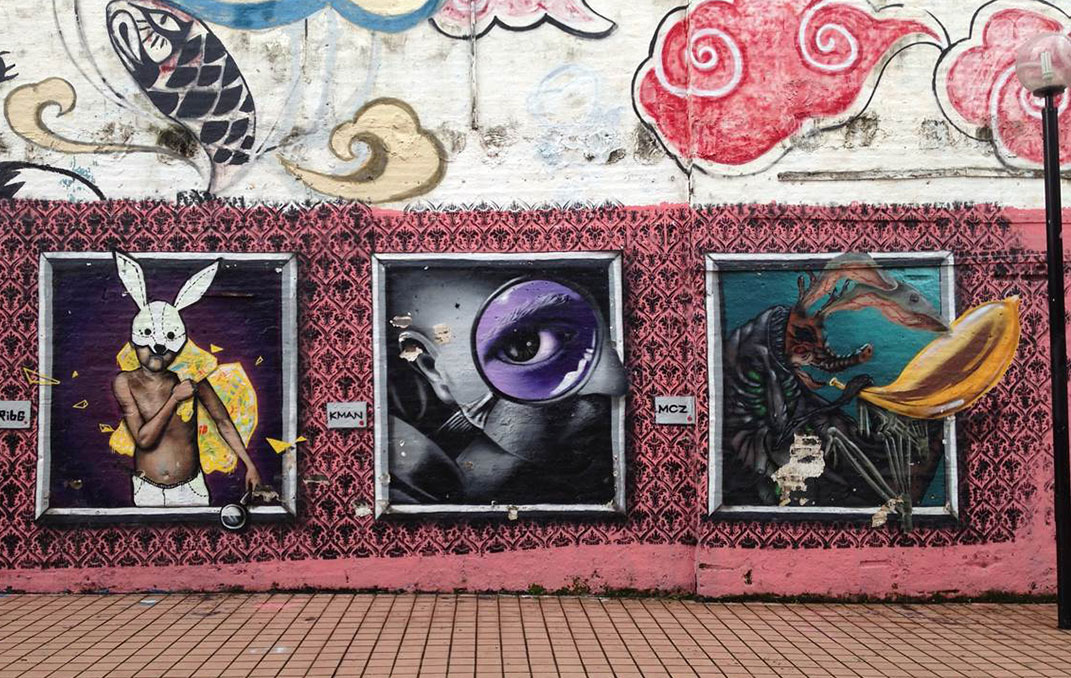|
Racial Orders, Racist Borders
17-18 October 2019, University of Amsterdam
Keynote speakers:
Gargi Bhattacharyya (University of East London, UK)
Gargi Bhattacharyya is a Professor of Sociology at the UEL’s Centre for Migration, Refugees and Belonging and the author, most recently, of Rethinking Racial Capitalism: Questions of Reproduction and Survival (2018).
Barnor Hesse (Northwestern University, Evanston, USA)
Barnor Hesse is an Associate Professor of African American Studies, Political Science and Sociology and the co-editor, most recently, of After #Ferguson, After #Baltimore: The Challenge of Black Death and Black Life for Black Political Thought(2017, with Juliet Hooker).
David Lloyd (University of California, Riverside, USA)
David Lloyd is Distinguished Professor of English and the author, most recently, of Under Representation: The Racial Regime of Aesthetics (2018).
Description:
Around the world, racist discourses, attitudes, and practices have moved from the fringes into the mainstream, putting core democratic values under pressure. Familiar racial orders have resurfaced and reinforced racist borders, both metaphorical and material. The sixth annual conference of the Amsterdam Centre for Globalisation Studies (ACGS) invites papers that examine how forms, discourses and practices of racism have materialized in various institutional contexts. Organized in cooperation with the collaborative research centre Dynamics of Security at the Universities of Giessen and Marburg, Germany, the conference’s main conceptual focus is on the institutional dimensions of racism. How and by whom has racism been ‘mainstreamed’ in different countries and regions around the globe? What kinds of discourses, techniques, strategies and tactics have been mobilized to mainstream racism? And how does this take shape in diverse institutional settings, including politics, education, international institutions, the media, cultural foundations, the police, and the legal system? In the wake of unrestrained, state-led xenophobia and populist nationalism, the function of race as a building block of culture, education, finance, nationalism and democracy can no longer be dissolved into ethnicity, nationalism and religion. Thus, the function of race cannot be hidden behind modernity, the Enlightenment, multiculturalism or civilization, deferred to the histories of ‘other’ places and ‘other’ peoples, or relegated to a past that was ostensibly erased with the end of the Holocaust and the birth of modern institutions such as the European Union and the United Nations. We need to employ the full range of research tools and approaches to take stock of how race and racism have continued to underscore state histories and institutions, as well as everyday practices, habits, gestures, affects, languages, aesthetics and representations alike.
Avenues of inquiry may include, but are not limited to:
-
Histories of institutional racism
-
Racism and populist governance
-
Intersectional perspectives on race and racism
-
Intersections between different practices of racism
-
Whiteness
-
Racism and #metoo
-
Racism and social media
-
Race, immigration and refugee flows
-
Race (and) wars
-
Borders and bodies
-
Race, racism and the digital
-
Race and technology
-
Legalizing race and racism
-
Teaching race and racism
-
Race, policing and profiling
-
Globalization and neoliberalism
-
Nationalism and the nation-state
-
Race and popular media
-
Fake news and the crisis of journalism
-
Multiculturalism and cosmopolitanism
-
Colonial legacies, decolonization and neoimperalism
-
Aesthetics of race and racism
-
Race and cultural institutions
-
The politics of color-blindness
Contributions from across the social and political sciences and the humanities are welcome. Please submit an abstract (max. 250-300 words) and a short bio (max. 100 words) by 15 May 2019 to acgs-fgw@uva.nl. Submissions for pre-constituted panels with a maximum of four papers are also welcome.
Notice of acceptance will be sent by 15 June 2019. Draft papers should be submitted before 15 September 2019 and made available for internal circulation among conference participants.
Conference fee: 50 Euros (25 Euros for PhD students).
Conference dinner: 25 Euros.
Organisers: Jeroen de Kloet, Amade M’charek, Thomas Poell (University of Amsterdam), Regina Kreide, Huub van Baar (Justus-Liebig University Giessen, Germany), Anikó Imre (University of Southern California, USA), Dušan Bjelić (University of Southern Maine, USA).
|




